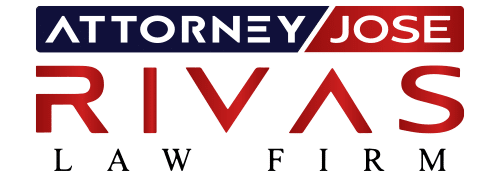If you get arrested in Florida and can’t get bailed out of jail, the state can not hold you for more than 30 days without formally charging you. Police generally arrest someone based on probable cause that they committed a crime. A person who has been jailed and can’t get bonded out right away is entitled to a hearing before a judge within 24 hours. This Initial Appearance is where the judge informs a defendant of the pending charges, reviews the probable cause elements of the arrest, and sets bail or conditions of release on bond.
It’s important for those who have been arrested to understand that laws also apply to the police and the courts. People accused of crimes have rights, and prosecutors and judges have to follow the rules. That’s why it’s important to have an experienced and aggressive criminal defense lawyer protecting the rights of people taken into custody. If you need an attorney, talk to the Orlando criminal defense team at the Rivas Law Firm. Call 407-644-2466 for a free consultation.
Time Limitations for Filing Charges in Florida
In order to prevent abuses and civil rights violations of citizens, the law provides certain protections to people who get arrested. As mentioned above, a suspect taken into custody has the right to a hearing before a judge within 24 hours of an arrest. This is generally to set bail, but it also serves as a way for a judge to review the cause or complaint upon which police arrested a suspect.
Known as a First Appearance, it’s when a judge looks at the booking report and the arresting officer’s complaint to determine whether the circumstances and information in your case warrant moving forward with prosecuting the case. In other words, the judge decides if law enforcement’s allegations are substantial enough to support a conviction. If so, you may be held or released on bail pending formal charges.
Technically, when police make an arrest, they are not charging a suspect with a crime. They are filing a complaint. After the judge at the First Appearance determines that there is probable cause to move forward, the case is referred to the prosecutor’s office. It is up to the prosecutor to review all the evidence and either decline to prosecute or file formal charges. But there is a time limit for filing formal charges.
Released on Their Own Recognizance
Under Florida Rule 3.134, the prosecutor must file formal charges within 30 days: “If the defendants remain uncharged, the court on the 30th day and with notice to the state shall: Order that the defendants automatically be released on their own recognizance on the 33rd day unless the state files formal charges by that date…” In some cases, the court may extend the deadline to 40 days.
A courtroom can be a very unforgiving place for a defendant. Many defendants get caught up in the system and pay a high price for not knowing their rights. If you or a loved one has been arrested in Florida, you’ll want the best legal representation you can get. Consider the Orlando Criminal Defense Attorneys at the Rivas Law Firm. Call 407-644-2466 for a free consultation.









